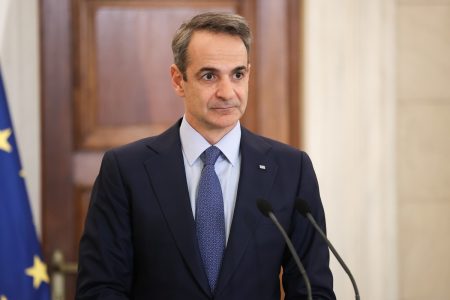In May 2012, when everything was overshadowed by the fear of the great crisis and the Greek economy shrunk by 6%-7% each month, we asked a wealthy man if he has been affected by the situation, and to what extent.
“What do you think?” was his knee-jerk response.
“I spend a third of what I used to spend three years ago” he was quick to add.
When asked why he does so when his income hasn’t changed, he responded –in an aggressive manner – that “who are you to tell me how to act?”
When we insisted, telling that his stance prolongs the crisis, he lost his temper and began yelling about “how we don’t know what tomorrow has in store for us and yet you demand consumption”.
The climate then, did not even allow wealthy people to spend.
The commonly-held belief is that the economy is primarily a matter of psychology.
Two years later and it is changing.
The dreadful atmosphere of 2012 is on its way out. On the contrary, hopes are running high, expectations are growing, the people have adapted and are taking action, the wealthy are spending more, traveling more and creating an environment with greater demand.
That is because they feel safer, more certain about how the financial developments and the country will move forward.
That is the most significant change of the past years, which will have an impact on political developments.
As long as the economic climate changes, politics will also be affected and change.
Whoever doesn’t evaluate the financial developments correctly and does not adapt their politics accordingly will risk losing touch with society.
And when that touch is lost, their claims will inevitably fall through.
Antonis Karakousis





